Imagine an office with grey walls, harsh fluorescent lights, and drab cubicles. A common sight for outdated offices that are sure to repel rather than attract. Talent acquisition teams do their best to avoid imagery like this to minimize the idea of a stale work culture. Instead, photos of sleek offices with ergonomic design, warm lighting, and a welcoming atmosphere seem to beckon the bold who want to innovate rather than conform. We’ve improved our offices’ scenery, yet how we showcase company culture remains the same.
Company culture is integral to talent acquisition. More and more candidates seek company culture over high pay and benefits. This is especially true in Gen Z candidates entering the workforce. Nonetheless, companies continue to undermine the importance of utilizing their culture in hiring. It will take more than using buzzwords like people-focused to garner attention in today’s workforce.
Simply put: if you want to acquire serious talent, it’s time to get serious about how your company markets its culture when hiring.
Define What Is Important to Your Company Culture

Every company has a culture. Culture is part of the company values that are explicitly stated and implicit values that grow organically among the staff. Work culture is complex, and companies may only partially utilize it to their advantage.
Often it is easy to use generic words to summarize a businesses culture:
- Fast-paced
- Employee-oriented
- Casual
These buzzwords are common for many companies and are sometimes overused by firms in more traditional spaces like Engineering and Life Sciences. They often turn off candidates already over-exposed to these words in every job description they see.
Instead, focus on what your culture truthfully is. Interview your employees to find out what makes your company culture distinct. An excellent tool for this is anonymous surveys. A genuine anonymous survey tool means there is no way to find out the identity of those surveyed. You want to guarantee you see honest answers, whether good or bad. This is a crucial way to get an unbiased understanding of what makes your culture distinctive.
Be actionable rather than definable.
After you inspect the culture of your workplace, it is easy to package up what has been said in easy definitions. For example, if your company says they value hard work, it can be comfortable to say that your culture is “motivated” or “challenging.” But to a potential employee glossing their eyes over the job description, what does this mean?
Potential employees want to know how the company culture will shape their everyday working experience. If they see a word like “fast-paced environment,” this is quick to denote a culture that prizes productivity over results—stemming from overworked laborers and sloppy management. Focus on the specifics and actionable items of your company culture.
Rather than calling your company a fast-paced environment, talk about the actions your company takes to create that culture:
We are a team who prizes collaboration to tackle many tasks. We prize teamwork to get the job done in the nick of time.
Going into the specifics of your culture paints a much clearer picture than overused phrases such as fast-paced.
Show What Makes Your Employees Happy
Afterwork drinks now and then can surely bring a smile to your employees’ faces but is it enough to attract the unicorns your company is seeking? Culture is about creating a reward system that makes your employees feel valued. This, in turn, helps with engagement and productivity in their roles. If your work goes above and beyond to reward their employees, this should be showcased to potential employees.
Social media is a significant start. Begin posting on your social channels ways your company values its employees. This can include:
- Celebrating employee accomplishments
- Showing off staff bonding exercises
- Building a testimonial system where staff members can describe what they like about the company
Traditional businesses in STEM are most likely going to attract the talent they’re looking for on LinkedIn. However, consider Instagram and TikTok as a platform to attract Gen Z and Millennial professionals to your company. This demographic is starting to make the bulk of the workforce soon, and it’s necessary to start targeting the thought leaders of tomorrow on the platforms they’re on.
Promote Career Growth
A universally utilized part of work culture is how much investment a business makes in its employee’s growth. It’s well accepted that, if hired, the employee must invest time and labor in the company. But now more than ever, this expectation is a two-way street.
In interviews, candidates frequently ask how growth is supported and measured within the company. A response that details the company’s steps to guarantee this growth is desired. It’s vital to lay out the structure of career growth your company provides.
Ask yourself:
- Is your company growing fast and promoting from within?
- Does your company clearly outline paths to promotion?
- If your company has advancement opportunities, can you highlight them, so candidates know your company will help their career goals?
Career growth means active and engaged employees. Employees who feel like their careers are advancing are shown to be 10 times more engaged in their jobs. In interviews, it’s important to give concrete examples of how employees grow within the company to compel talent to your organization.
Build a Compelling Company Culture Description
Now that you’ve worked to examine your company culture, it’s time to build a captivating description that showcases your company as human, unique, and inviting. Salary and benefits are crucial when describing the quantitative value the role gives. But anything you can do to set your company apart is critical.
By re-evaluating the qualitative aspects of your company culture, you can begin to deliver something authentic, different, and desirable. Here are examples of dynamic work culture descriptions:
Genentech:
“We’re passionate about improving patients’ lives and creating healthier communities for all. We foster a culture of inclusivity, integrity, and creativity while boldly pursuing answers to the world’s most complex problems and transforming society.”
Atkins:
“People are at the heart of our business. Our teams have a broad and deep wealth of expertise in everything from design, engineering, and project management to highly specific, sought-after skills such as building information management and engineering for net zero carbon. They’re both disruptors and collaborators. And they get the job done.”
Mott McDonald:
“We are a uniquely diverse range of consultants delivering extremely high-profile projects across the world, working to meet some of the world’s greatest challenges.
People are everything at Mott MacDonald. Mott MacDonald is one of the world’s largest employee-owned companies, so our consultants not only provide the services we sell, they are the owners of the company and have a real stake in the success of the organization.”
These real-world examples of company culture descriptions demonstrate how honing in on what makes your work culture special can help garner interest. A dynamic, heartfelt, and daring portrayal of work culture is fit for talent who want to lead to breakthroughs.
Showcase Your Company on Matchfield
Matchfield’s culture represents our mission to help connect people to meaningful work. We help deliver a dashboard of candidates to our clients, always keeping in mind how vital culture fits are. We work with our clients to help them showcase their company’s best aspects.
